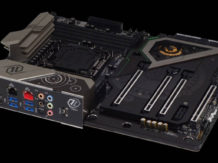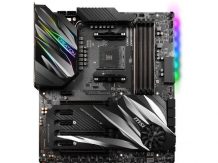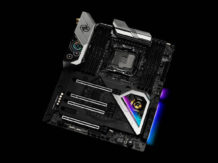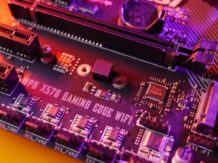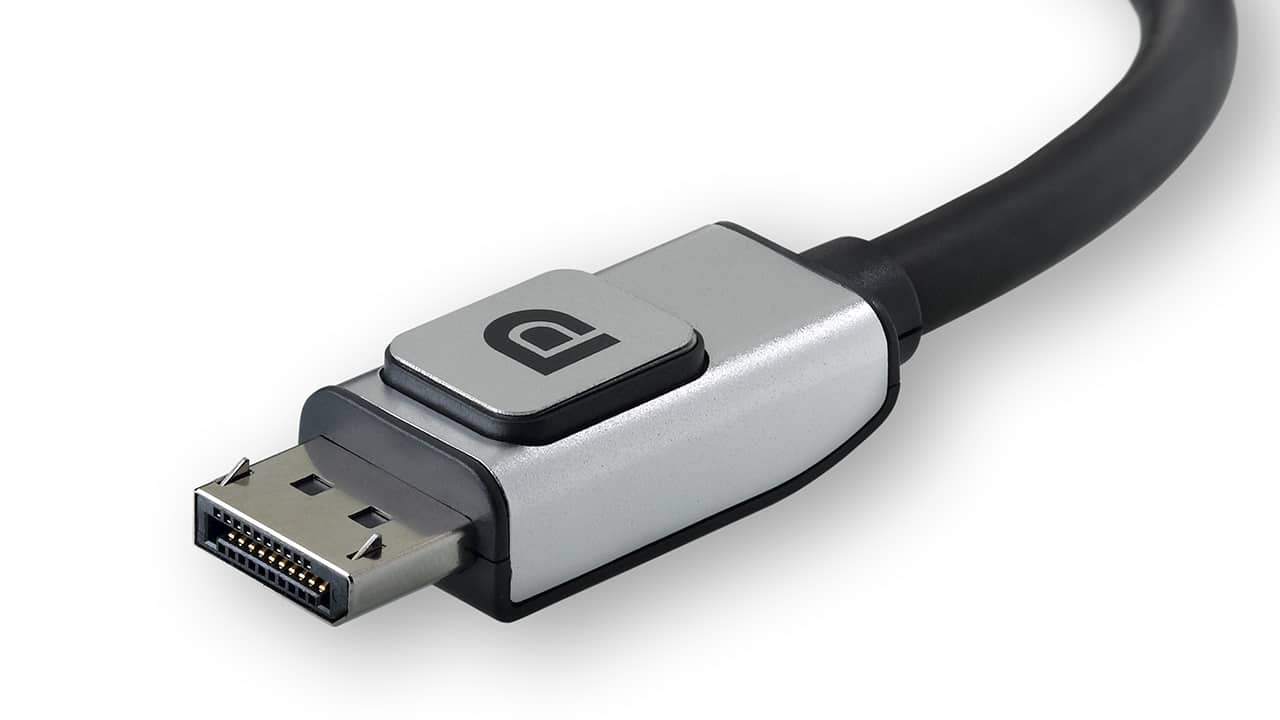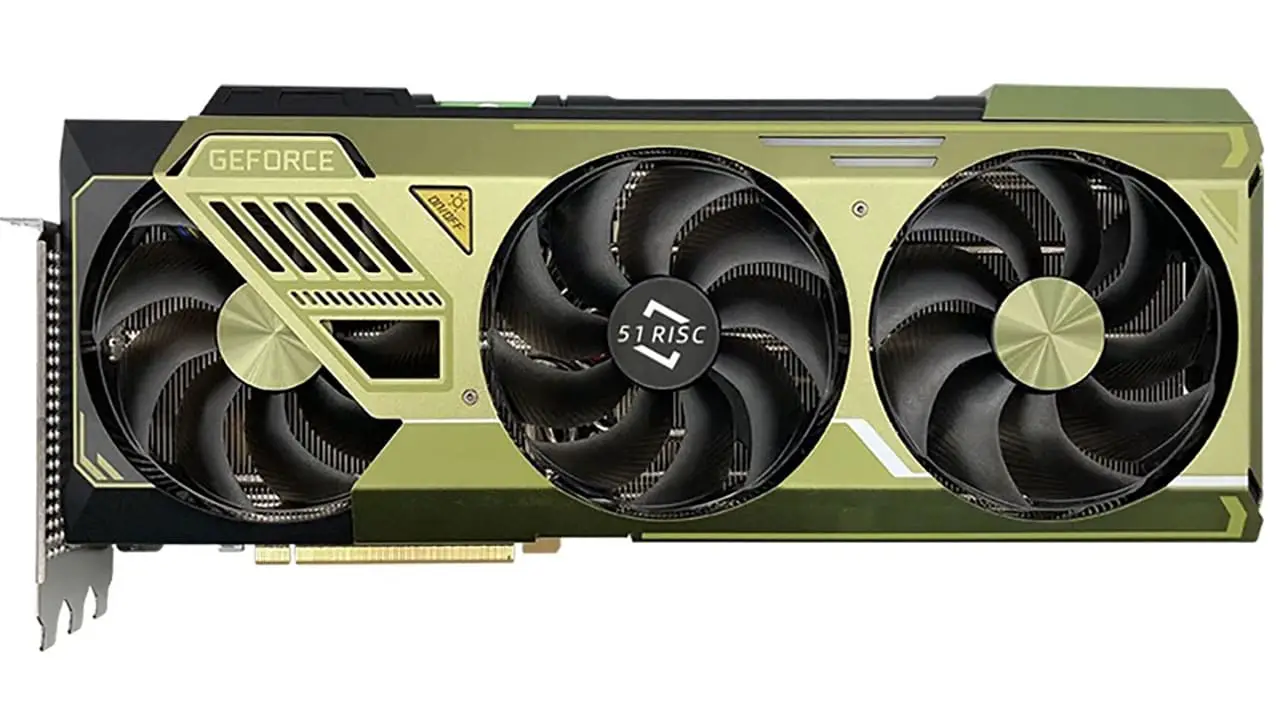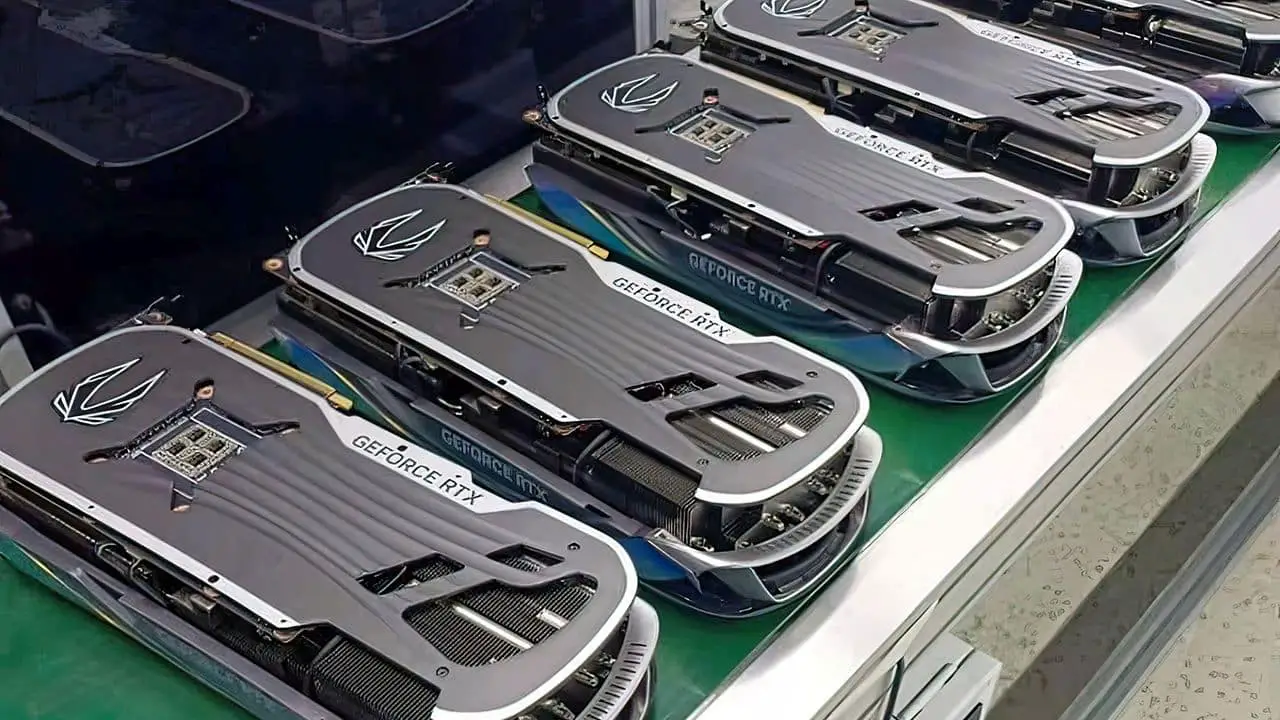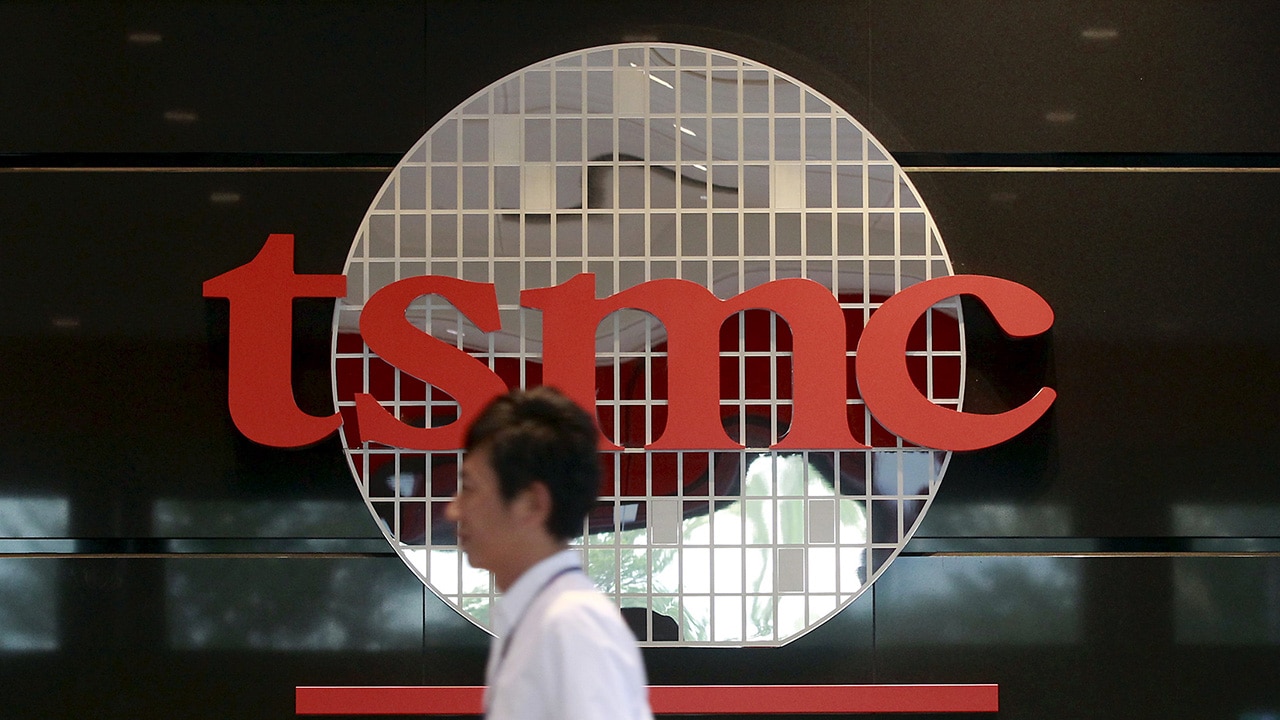History speaks for itself and it is not the first time that AMD firmware bugs have caused performance issues for Ryzen users, and after months of users complaining about stuttering issues when they had fTPM enabled on Windows 10 and Windows 11, the reds acknowledged the error.
The good thing is that there is a solution on the way, but we will have to wait until May to receive it.
Several Windows 10 and Windows 11 users reported in recent months that they experienced stuttering issues or the famous stuttering and crashes with performance drops on systems with Ryzen CPUs. It turns out that if there’s a problem, and it’s the way fTPM works, it can affect performance at seemingly random times during a gaming session or while running some demanding software.
According to official AMD documentation, the issue is due to unexpected behavior on Ryzen platforms, but user reports suggest this affects all systems with Zen+, Zen 2 and Zen 3 processors. The performance issue is caused by background memory transactions between Windows and the fTPM, to authenticate an action, as the fTPM is serving as the hardware root of trust. Since the fTPM is part of the UEFI firmware that resides on the SPI flash EEPROM chip, the performance drop is due to fTPM-related memory transactions with this chip.

For those unfamiliar with fTPM, this feature refers to AMD’s firmware-based TPM implementation, which is supposed to eliminate the need for an external TPM solution to store the security keys needed for storage encryption, boot insurance and other security features. In the case of fTPM, security keys are stored on the same chip that is used to store BIOS/UEFI settings.
The solution will arrive in May
AMD says it has a fix in the works that will be distributed via firmware updates on motherboards based on AGESA 1207 or newer. Unfortunately, the company expects to have the fix sometime in May, so if you’ve been waiting for an official fix, you’ll need to steel your nerves and have more patience.
AMD OFFICIAL statement:
“AMD has determined that certain AMD Ryzen system configurations may intermittently perform fTPM-related memory transactions in SPI flash memory (“SPIROM”) located on the motherboard, which may cause temporary pauses in interactivity or capacity. of response from the system until the transaction is concluded”, indicates the company on its official website.
Update: Affected PCs will require a motherboard system BIOS (sBIOS) update that contains enhanced modules for fTPM interaction with SPIROM. AMD expects customer flashable sBIOS files to be available starting in early May 2022. The exact timing of BIOS availability for a specific motherboard depends on its manufacturer’s integration and testing schedule. Flashable upgrades for motherboards will be based on AMD AGESA 1207 (or newer).
The solution:
As an immediate fix, affected customers who rely on fTPM functionality for Trusted Platform Module support can instead use a hardware TPM device (“dTPM”) for trusted computing. Platform dTPM modules use integrated nonvolatile memory (NVRAM) that replaces the TPM/SPIROM interaction described in this article.
COMPATIBILITY: Check with your system or motherboard manufacturer to ensure that your platform supports embedded dTPM modules before attempting or implementing this solution.
WARNING: If you change an active system from fTPM to dTPM, it is critical that you disable any encryption systems supported by the TPM (for example, BitLocker Drive Encryption) and/or back up any vital system data before changing the TPM. TPM devices. You must have full administrative access to the system, or explicit support from your IT administrator if the system is managed. For more information on transferring ownership to a new TPM device, visit this Microsoft web page.







